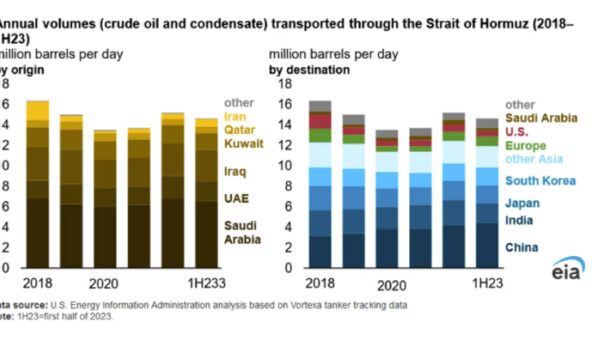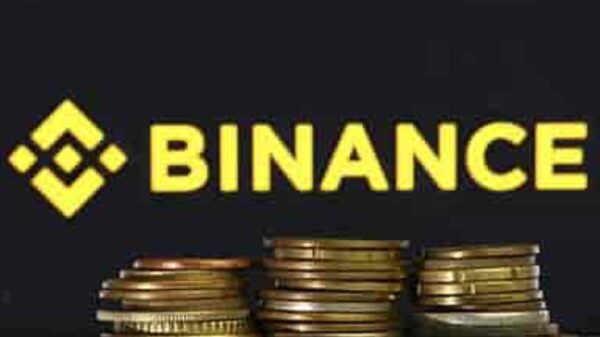A remarkable year for Nigerian investors
In the landscape of the Nigerian equity market, 2023 stands as a year marked by bullish trends, defying prior expectations amid significant economic shifts.
Despite the backdrop of uncertainty surrounding the general elections and a myriad of financial upheavals, the market showcased resilience and robust growth.
Let’s delve into the critical factors propelling these unexpected market trends.
Election Impact and Investor Sentiment
The Nigerian Exchange Limited witnessed an unprecedented shift in its usual response to election cycles. Contrary to the downtrend experienced in past election years, 2023 saw the market sustain a bullish trajectory.
Analysts attributed this anomaly to various factors, including positive inflationary impacts and optimistic perceptions regarding potential presidential candidates’ economic policies.
Tunde Amolegbe, Managing Director of Arthur Stevens Asset Management Limited, highlighted the market’s response to inflation, acknowledging the equity market’s allure due to higher returns compared to fixed-income markets.
Market Reactions Post-Election and Unusual Acquisitions
Post-election, the market continued its upward momentum, surpassing initial expectations. Notable acquisitions, such as Femi Otedola’s stake in Transnational Corporation Plc and the significant share purchase by a company linked to former FBN Holdings Chairman Oba Otudeko, stirred substantial market reactions.
However, the latter acquisition prompted a Securities and Exchange Commission investigation, causing ripples within the financial sector and raising questions about its long-term impact on FBN Holdings.
Policy Shifts: Fuel Subsidy Removal and Forex Harmonization
President Bola Tinubu’s inaugural speech signaled a seismic policy shift, heralding the end of the fuel subsidy regime and a directive to streamline the foreign exchange market.
Despite promises to channel funds into infrastructure and stimulate economic growth, the move resulted in surging petrol prices and adverse effects on businesses and households reliant on generators due to erratic power supply.
While listed oil companies reaped benefits from increased revenues amid soaring global fuel demands, the foreign exchange market experienced significant fluctuations following the Central Bank of Nigeria’s currency policy changes. The decision to float the naira, though welcomed by stakeholders, raised concerns about stability and its adverse impact on businesses.
Multinationals’ Exodus and Market Implications
Amidst challenging macroeconomic conditions, several multinationals announced plans to delist from the Nigerian capital market and exit the country. This move is expected to significantly reduce the NGX’s market capitalization.
Companies such as Oando Plc, Glaxo SmithKline Consumer Nigeria Plc, and Union Bank of Nigeria opted for delisting, attributing their decisions to the complexities of operating in a dollar-denominated environment amidst Nigeria’s economic realities.
Market Shifts and Future Projections
Despite the exodus of some corporations, several new entrants bolstered the market, injecting substantial capital. However, the FTSE Russell’s downgrade of the Nigerian equities market and MSCI Nigeria Indexes’ reclassification to standalone status caused concerns about foreign investor confidence.
Moody’s positive upgrade of Nigeria’s rating, attributed to government-initiated market reforms, may serve as a catalyst to attract foreign investors. Looking ahead to 2024, market operators remain optimistic, anticipating the fruition of market-friendly reforms and a potential resurgence of foreign investor interest.
Outlook for 2024: Projections and Challenges
Market analysts project a decline in inflation and foresee investors favoring securities offering higher yields. They also anticipate potential mergers, acquisitions, and energy capacity increases in the banking industry. However, concerns persist about currency instability, high operating costs, and electricity tariffs impacting market margins.
Conclusion
As the Nigerian capital market navigates through multifaceted challenges and significant policy shifts, the year 2023 stands as a testament to its resilience and adaptability.
Despite market fluctuations and the departure of some multinational giants, the prospect of future reforms and optimistic projections for 2024 foster hope for sustained growth and increased investor confidence.
The Nigerian capital market’s endurance and response to unprecedented circumstances reaffirm its position as a dynamic and evolving financial ecosystem, poised for continued growth and transformation in the years to come.
























































You must be logged in to post a comment Login